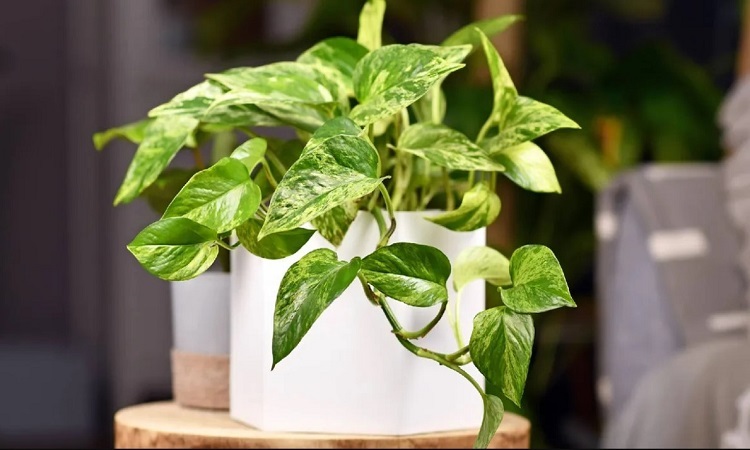GENE PLANT REDUCES THE POSSIBILITY EQUALLY 30 AIR FILTERS

Paris-based startup Neoplants genetically engineered betel nut to work with the efficiency of 30 air purifiers, helping to reduce indoor pollution.
New plants genetically engineered both the betel nut (Epipremnum aureum) and the microflora attached to its roots to create Neo P1, a powerful air purifier, Interesting Engineering reported on November 12. Now, the company has brought a new plant to market, promising to revolutionize the air purification industry.
After the pandemic, people are more concerned about the composition of the air they breathe, says Patrick Torbey, molecular biologist and director of engineering at Neoplants. One of the main characteristics of Neo P1 is that it does not need electricity so it does not cause pollution.
The new invention has the potential to remove volatile organic compounds (VOCs) that conventional air purifiers cannot handle. That's because these compounds are so small that they can't be collected using traditional methods. However, plants are designed to absorb, absorb and metabolize even the smallest particles. Neo P1 works like that in the form of one of the most popular crops.
However, the process of creating Neo P1 was not easy. The betel nut does not have a genome map. So the team at Neoplants started this work. The whole process took 4 years. In the end, engineers created a plant that can metabolize four potent indoor pollutants, including formaldehyde and toluene, and even absorb some types of VOCs.
The engineering team did not stop there. They also experimented with microorganisms that live in plant roots, adding genes from extremophile bacteria that thrive in harsh environments by consuming toxic chemicals. This change significantly increases the plant's ability to metabolize pollutants.
To meet Food and Drug Administration (FDA) standards, engineers avoid experimenting with certain segments of the genome that promote plant survival in the wild. "We don't give the plant a selective advantage. We don't make it grow faster and increase its resistance to pesticides," Torbey said.
Currently, the company focuses on transforming other tree species to satisfy a variety of preferences. They are also looking to reduce the price of GM air purifiers. In 2018, the team at the University of Washington also modified the betel nut to remove chloroform and benzene from the surrounding air. At the time, technology was considered revolutionary.
(According to Interesting Engineering)
Via: vnexpress.net
